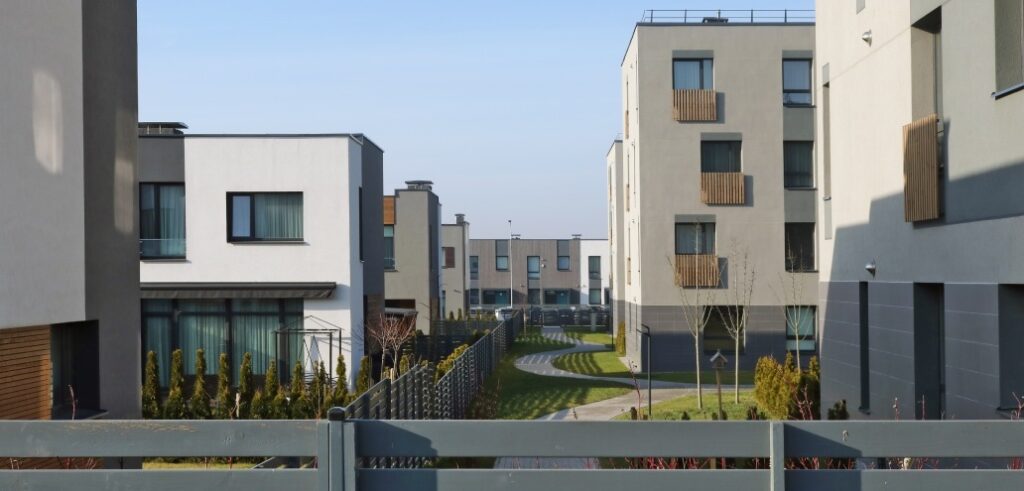Earlier this month, the Toronto Regional Real Estate Board (TRREB) released a statement highlighting the pressing issue of high housing costs and the need for more affordable housing options. The TRREB stressed the need for bold action to expedite home construction at lower costs.
The TRREB suggested innovative building techniques like modular housing as a solution to this problem. Modular construction offers efficiency, cost-effectiveness, and sustainability, helping to accelerate housing developments, including residential units ranging from single-family homes to multi-unit complexes and ancillary buildings.
However, complex building codes, municipal policies, and other barriers prevent modular housing construction from being adopted more widely, although modular homes are permanent structures on solid foundations.
Minister Paul Calandra has an initiative that may help, with a plan that aims towards the construction of at least 1.5 million homes by 2031. As part of this plan, a key theme is constructing housing-enabling infrastructure and leveraging innovative solutions like modular housing. By aiming to develop a modular housing framework, this approach could be a solution to meet high construction needs. A transparent Request for Qualification process will identify and prequalify companies interested in modular housing construction to streamline processes and support the modular sector’s growth.
The adoption of modular construction techniques could have significant implications for the real estate market. By enabling faster and more cost-effective housing development, modular housing has the potential to alleviate housing shortages and reduce affordability constraints, particularly in high-demand areas like the Greater Toronto Area.
About Modular Homes
It’s important not to confuse modular homes with mobile homes. Modular homes are set on a solid foundation, unlike mobile homes, and appreciate or depreciate similarly to stick-built houses; they are also eligible for similar loans and mortgages. Modular homes in Canada are certified under the CSA A277 standard, ensuring they comply with all local building codes and requirements, just like traditional site-built homes. Selling a modular home is comparable to selling a traditional property, too.
Modular homes are useful, not just to replace a traditional build, but as extensions.
More homeowners have started to place modular homes on their properties, as add-ons. This is a relatively convenient way to have a separate suite to rent out or for supporting aging parents, adult children, or other family members.
Increasing Popularity
Modular homes have been becoming more popular in recent years:
In 2022, the Prefabricated Home Manufacturing industry in Canada witnessed significant growth, with a 5.8% increase in market size compared to the previous year, reaching a revenue of $2.4 billion. This expansion has been consistent, averaging a 6.7% annual growth rate between 2017 and 2022. Modular construction also contributed to about 6.14% of the total square footage for new construction in 2022.
Modular homes offer various benefits over traditional builds, such as environmental advantages, reducing carbon emissions by up to 39% and waste by 40%, and may receive tax credits. Modular homes are durable, enduring winds up to 180 mph, and have faster construction times of six to ten weeks, compared to four to six months for traditional homes.








